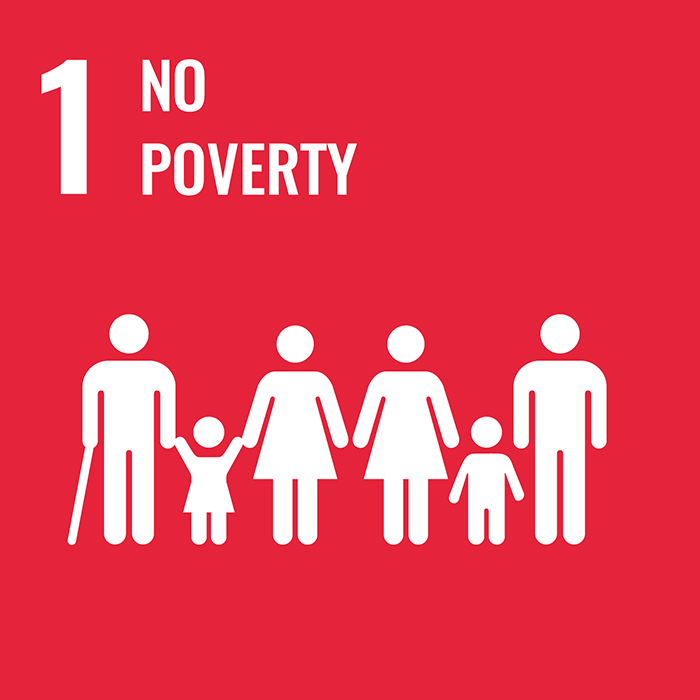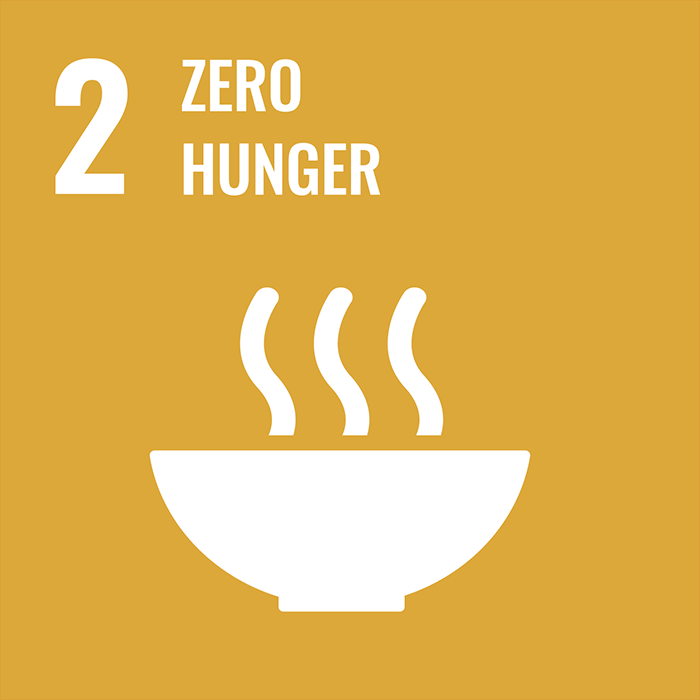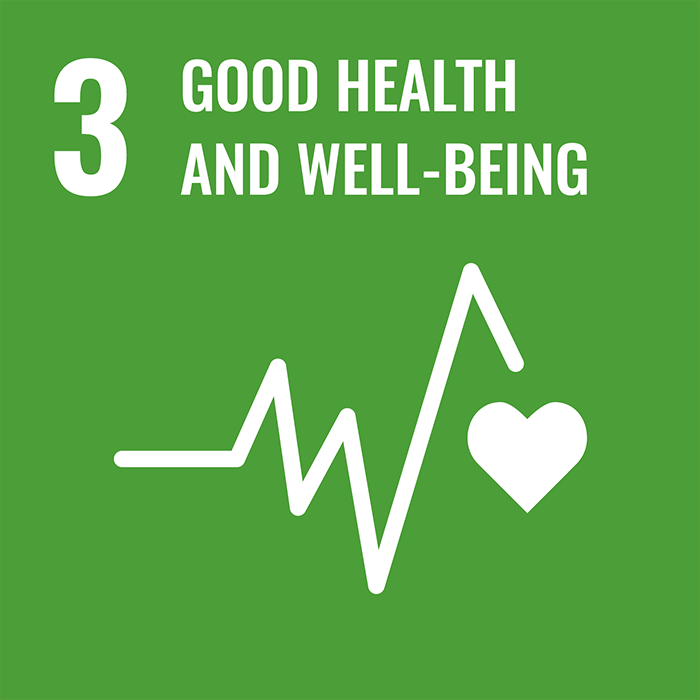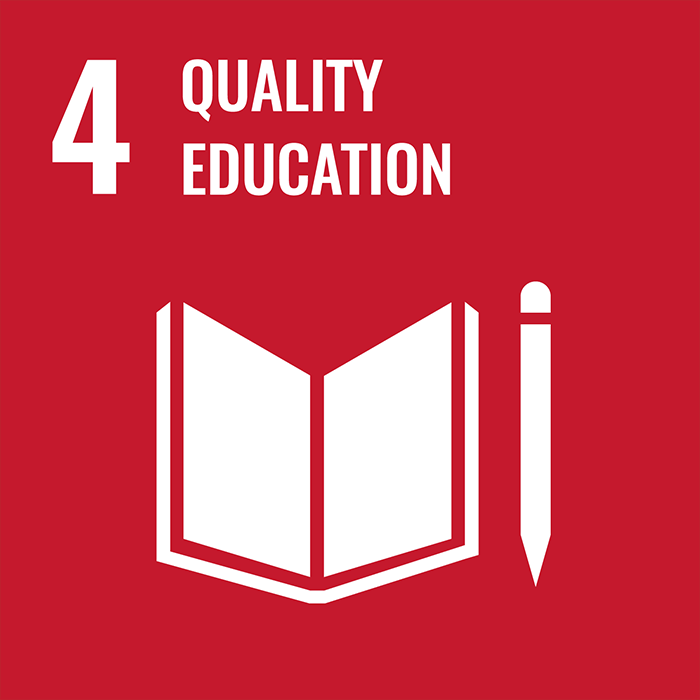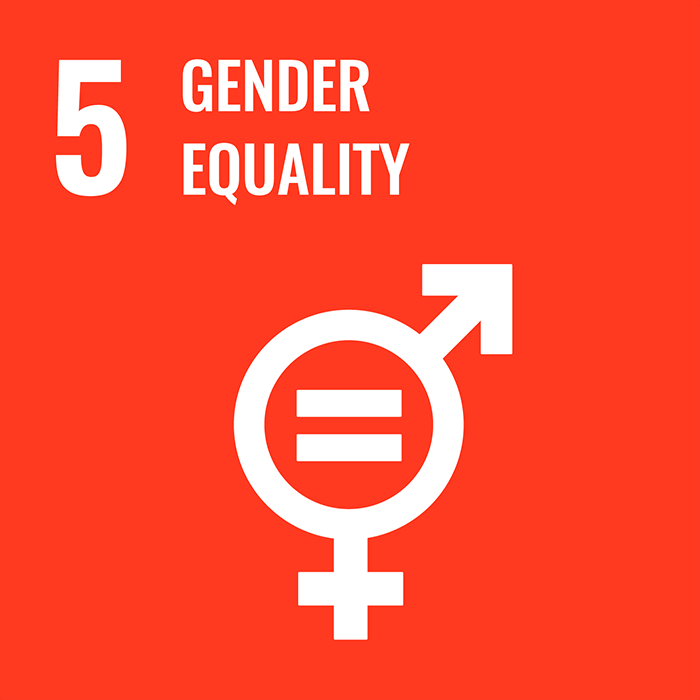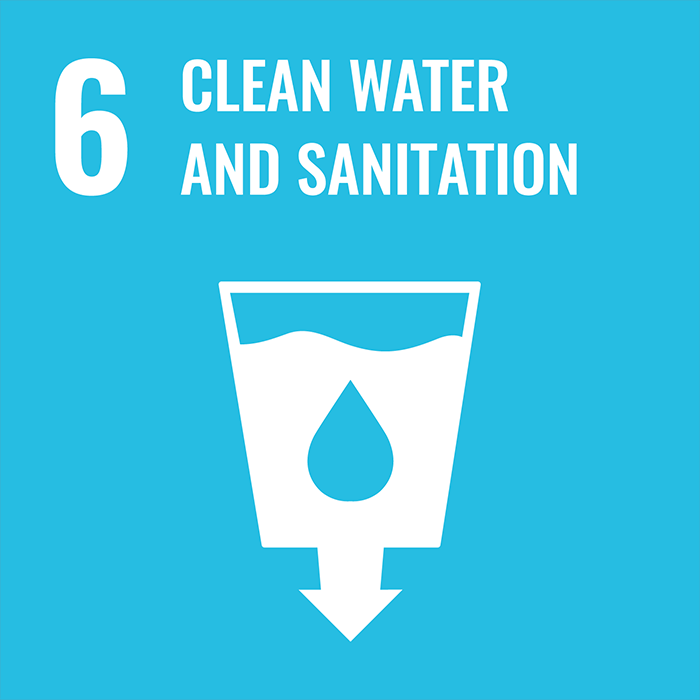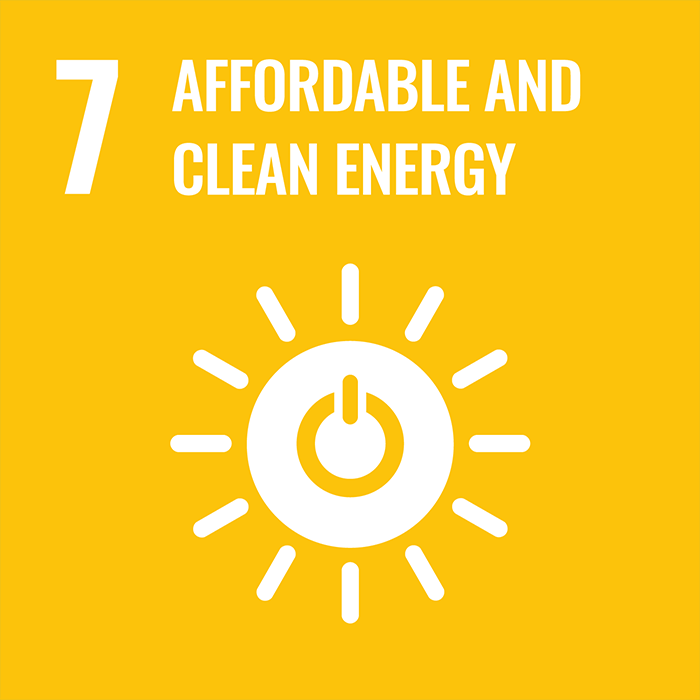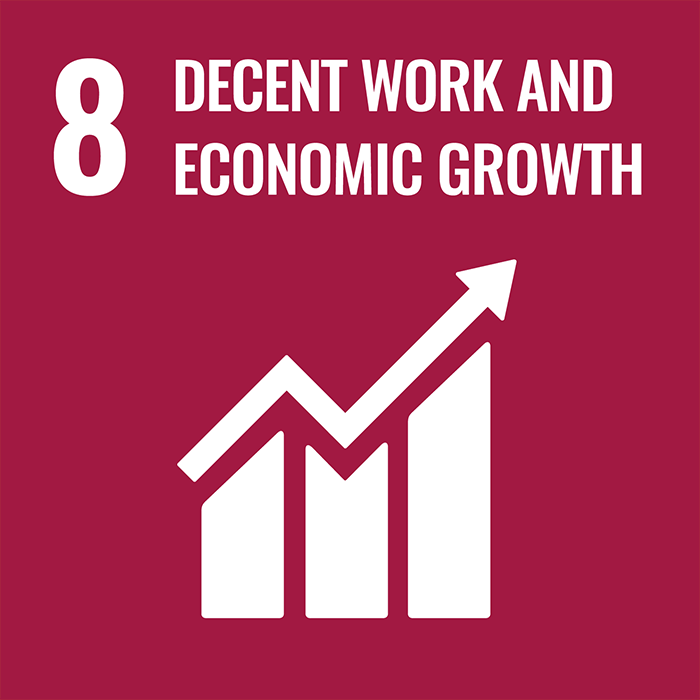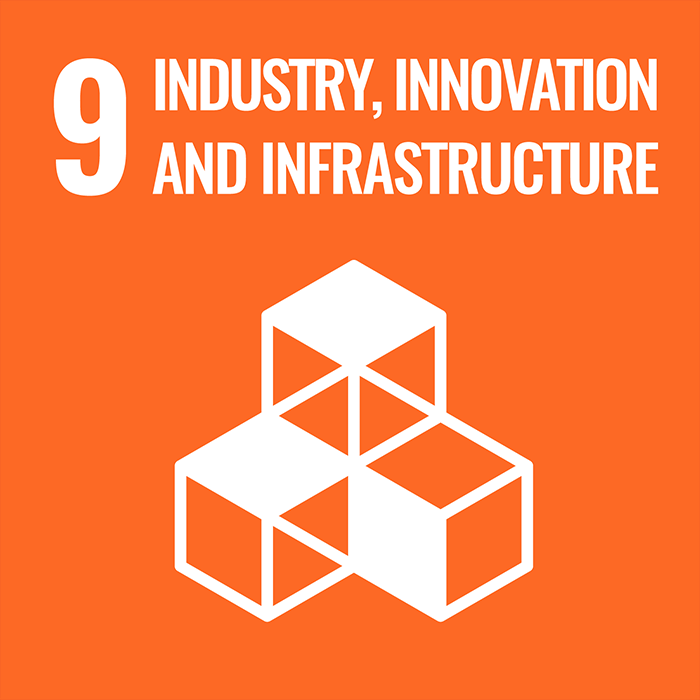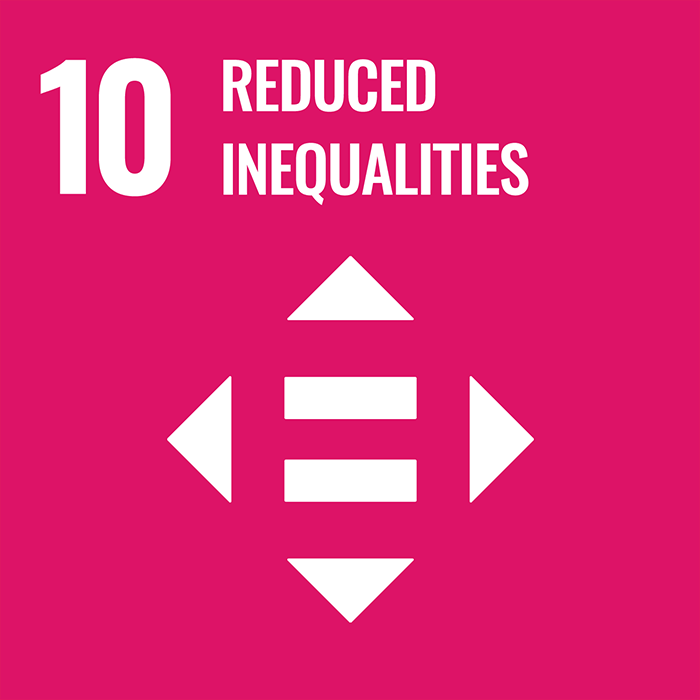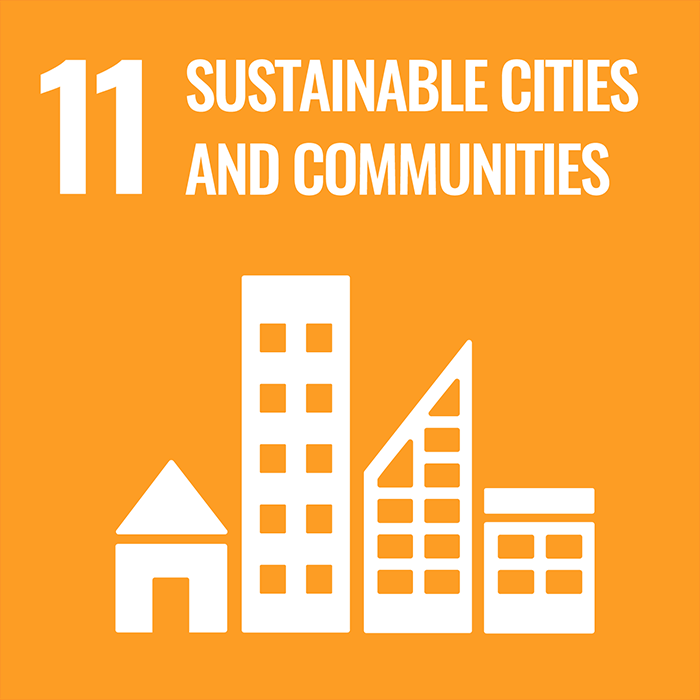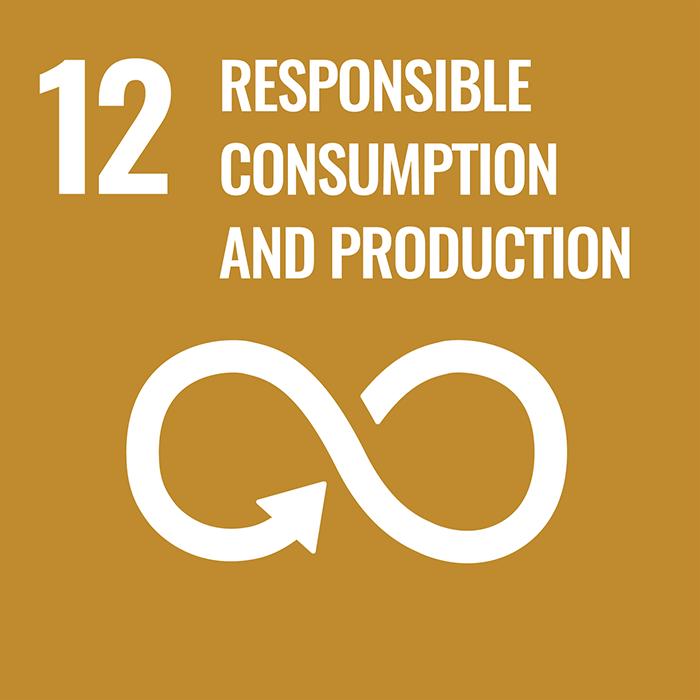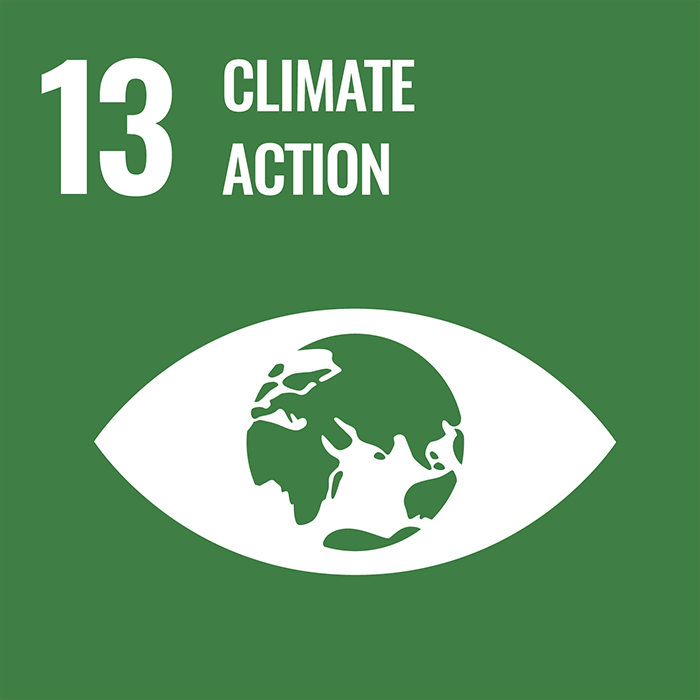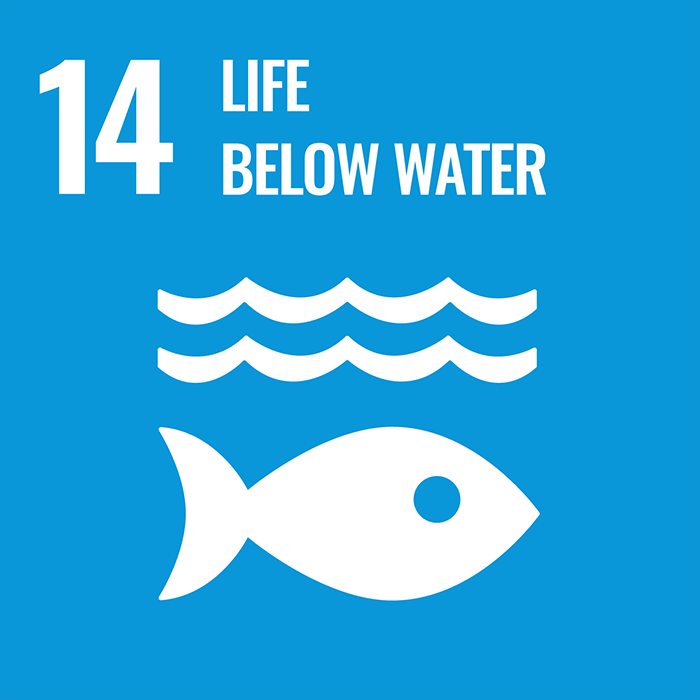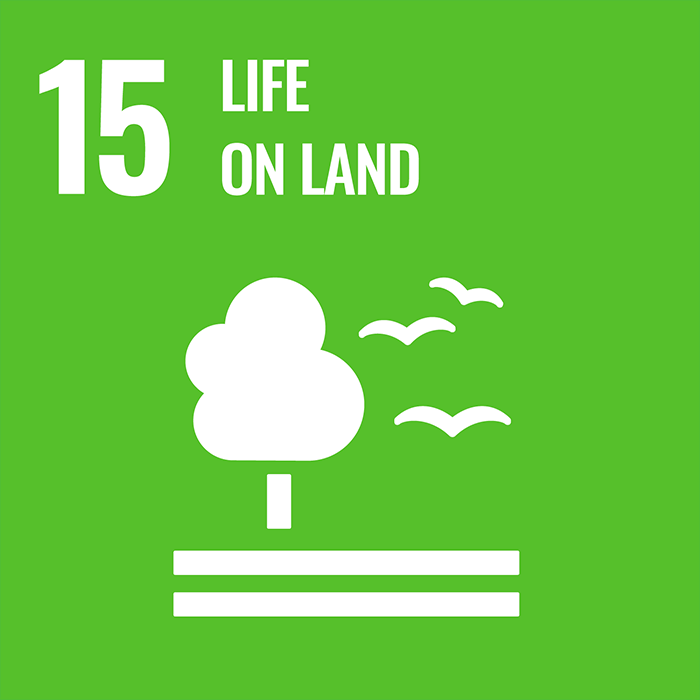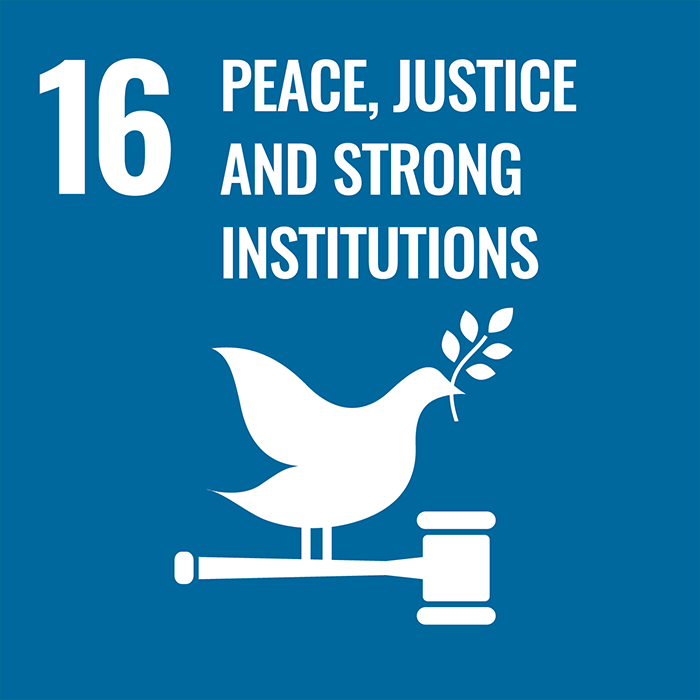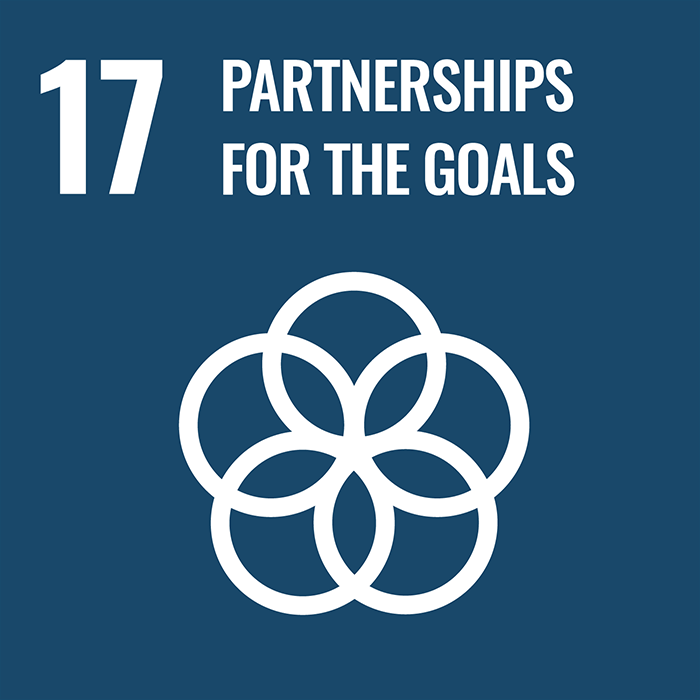UN SDG 4: Quality education
Ensure inclusive and equitable quality education and promote lifelong learning opportunities for all
Our research

The Museums in the Metaverse project – funded by the UK Government’s Innovation Accelerator programme, led by Innovate UK on behalf of UK Research & Innovation – builds on Scotland’s reputation for cultural regeneration and innovation by creating a groundbreaking Extended Reality (XR) Culture and Heritage platform.
One side of the platform is for visitors to gain access to a rich array of museums, sites, objects, and novel and dynamic experiences. The other is for virtual curators to build enriching and entertaining storytelling using objects and virtual environments that have never been placed together in the real world.
The project will empower online visitors to explore vast cultural assets in engaging new ways, enable expert and novice curators to create new content, and explore models of use to support sustainable economic and cultural growth.
It will harness the University’s global reputation for research in digital cultural heritage and XR, together with key cultural heritage and immersive technology partners, to develop an innovative solution to constraints that can limit physical museum exhibitions to less than 10% of the objects held in collections, and limit audience reach by cost, distance and accessibility.
Learning & teaching

The Top-Up Programme is a preparation course for higher education for pupils who are currently applying for, or are considering applying for, higher education courses in university or college. The programme helps pupils prepare for higher education and equips them with the key skills needed for successful study in higher education. The programme is facilitated by postgraduate tutors who deliver in-school or online sessions over the course of several weeks. Pupils also attend a campus session at the University or take part in an online or on-campus workshop.
SWAP, the Scottish Wider Access programme, is spearheaded by Glasgow. It offers adult students with little to no qualifications opportunities to study. Full-time SWAP Access courses run in colleges across the West of Scotland, providing valuable routes of entry into a wide range of degrees offered at the University, such as arts, social sciences, teaching, life sciences, physical sciences and engineering.
The University’s Widening Access team is working in partnership with educational charity IntoUniversity, providing educational support to 7- to 18-year-olds from two of the most deprived areas of Glasgow. The programmes running in Govan and Maryhill support young people’s progression into higher education. The University works closely with local schools, Glasgow City Council and other agencies to offer a programme of after-school academic support, mentoring with University students and local professionals, in-school workshops and work experience opportunities.
Find out more
University operations

With the world increasingly fraught with tension and conflict it is vital that we provide a level playing field for all who wish to study. As a result, we actively encourage asylum seekers and refugees to apply to degree programmes at the University. We also highly encourage and support such students through the application process for the University’s Sanctuary
Scholarship. The scholarship is awarded to 30 students in the UK who have faced hardships as the result of conflict or displacement. The scholarship covers the cost of studies for the duration of the chosen programmes and an additional stipend of £5,000 is also provided to cover the extra cost of studies undertaken by asylum seekers and refugees.
Find out more
Civic engagement

The University has been awarded a Queen’s Anniversary Prize for Higher Education for the work of the world’s leading centre for the study of Scotland’s national poet, Robert Burns. The award to the University is in recognition of the range and impact of the projects undertaken at the Centre for Robert Burns Studies, chiefly ‘Editing & Curating Burns for the 21st Century’.
The Queen’s Anniversary Prizes celebrate excellence, innovation and public benefit in work carried out by UK colleges and universities. The prizes – which showcase the positive impact of research on education, the economy and wider society – are the highest national honour awarded in UK to further and higher education institutions and are granted every two years. They are run by the Royal Anniversary Trust, an independent charity.
Most museums are monuments to a system that privileges some people over others and creates a narrative about the identity of nations or cities that institutions seek to project and protect. Museums hold collections from donors who benefited from the practice of racial slavery, violent endeavours, forced removal and the systematic oppression of indigenous peoples. Museums are political places.
‘Curating Discomfort’ was developed by the Hunterian, our University museum & art gallery, to address historic power imbalances within the museum and across all our activities. ‘Curating Discomfort’ puts forward discomforting provocations and interventions to help us to understand that museums have perpetuated ideologies of white supremacy; a political, economic and cultural system in which white western ideas control the power of the texts, the material resources and the actions that continue to underpin notions of cultural superiority.
Glasgow’s work to redress its historic links to slavery through a significant programme of reparative justice helped it to secure University of the Year at the Times Higher Education Awards 2020.
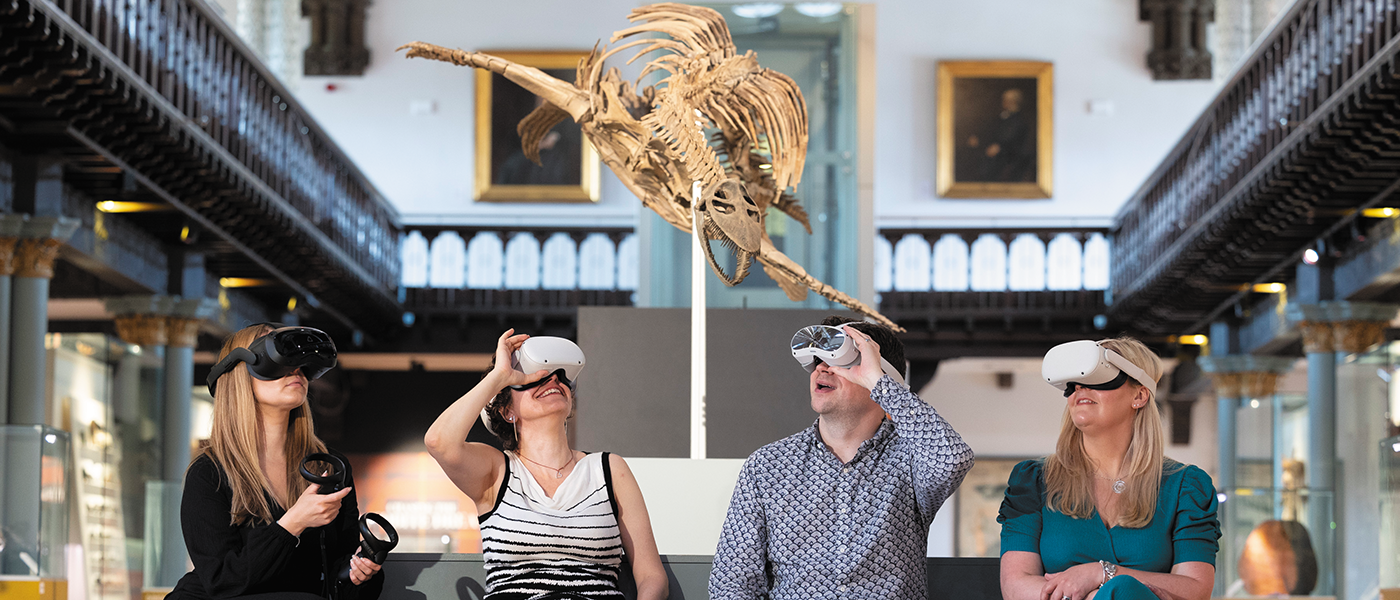
The Museums in the Metaverse project will empower online visitors to explore vast cultural assets in engaging new ways, enable curators to create new content and explore models of use to support sustainable economic and cultural growth.



